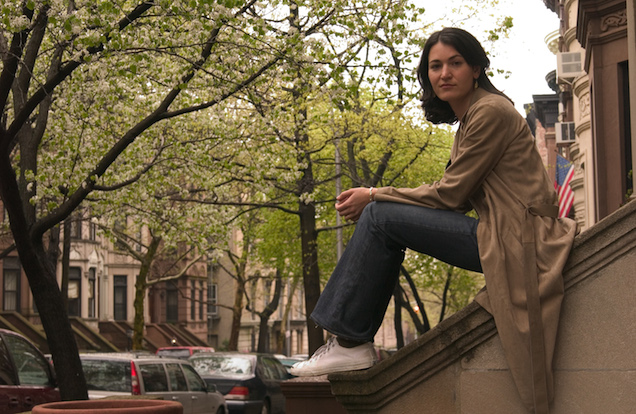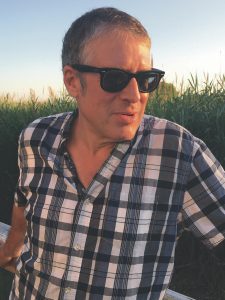
The Slope Survey returns for its 18th installment with well-known local radio personality Dave “The Spazz” Abramson.
Dave Abramson aka Dave the Spazz has hosted Music To Spazz By on WFMU 91.1 FM (wfmu.org) since 1987. He edited The Best of LCD: The Art and Writing of WFMU in 2007. He is currently finishing his biography of Jerry Lewis impersonator Sammy Petrillo.
What brought you to Park Slope?
When I first moved to Kensington in the early 80s, Park Slope was the closet outpost of cool shops, bookstores and fun restaurants.
What is your most memorable Park Slope moment?
I met my future wife at the (now closed) Great Lakes bar on 5th Avenue.
Describe your community superpower.
I can jump over sidewalk-hogging baby carriages coming toward me in a single bound.
If you could change one thing about the neighborhood, what would it be?
I would bring back Southpaw, which was a terrific live venue across the street from the Key Food on 5th Avenue.
What do you think Park Slope will look like in 10 years?
The Pogo Stick revival of 2030, permanent outdoor dining and 6th Avenue will be closed to vehicular traffic.
What are you reading, would you recommend it?
I’m reading Robert Caro’s first LBJ bio The Path to Power. I highly recommend it. Like Caro’s earlier bio on Robert Moses (The Power Broker), it unlocks the political machinations that brought this country to its current state of insanity.
What is your greatest extravagance?
I’m one of those pesky vegetarian Keto people and Keto food is expensive. I’ll drop too much dough on Keto desserts.
If you couldn’t live in Park Slope or in Brooklyn, where would you go?
Clinton Hill.
Who is your hero, real or fictional?
Buster Keaton. I first saw his feature Sherlock Jr. (1924) when I was a kid and his offhanded inventiveness stunned me. It was the first time that I realized that anything was possible.
Last Word, What’s is turning you on these days?
Early (late 50s to mid-60s) pre-reggae ska.

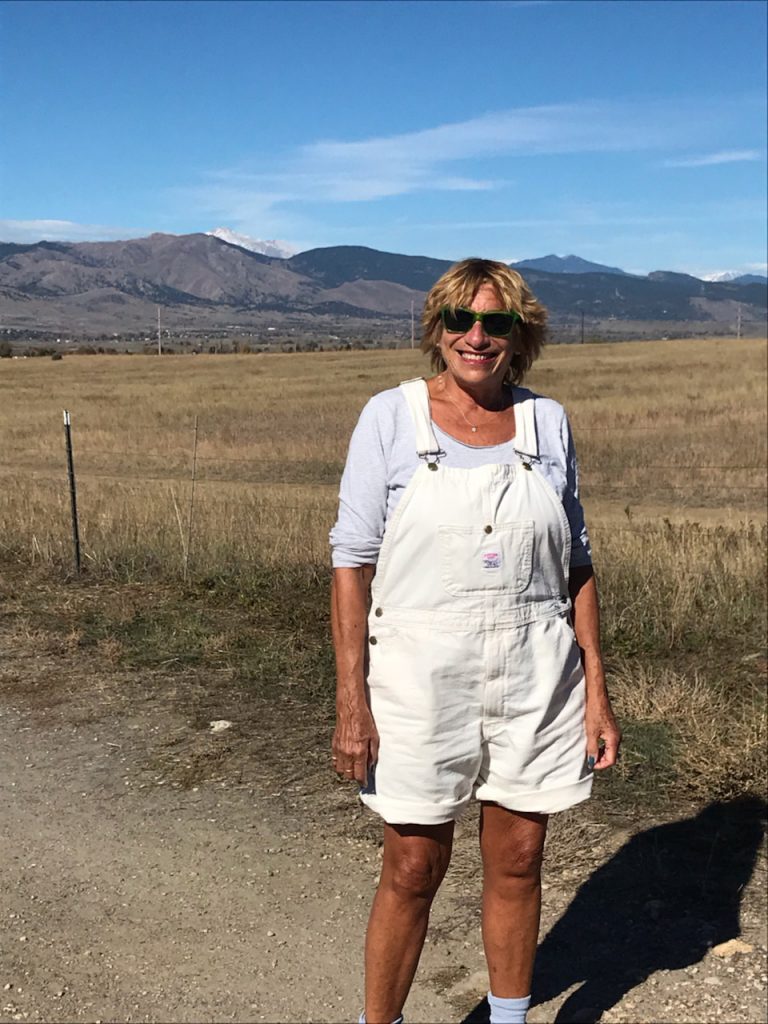
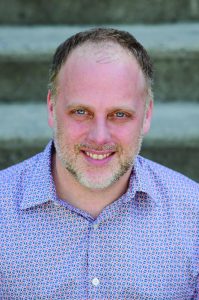
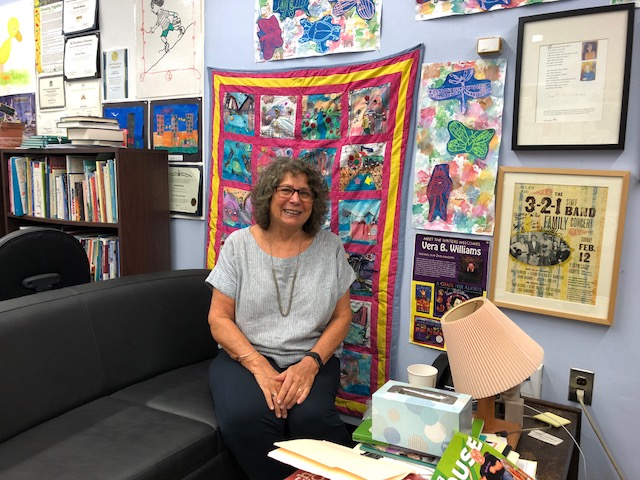
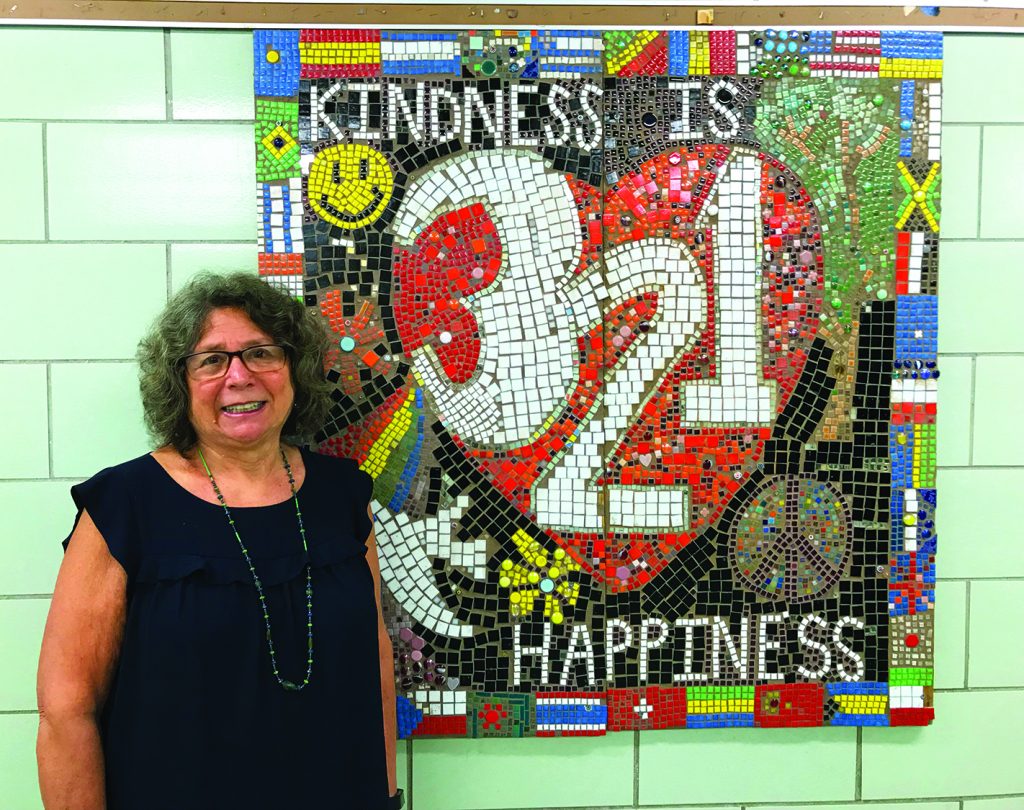
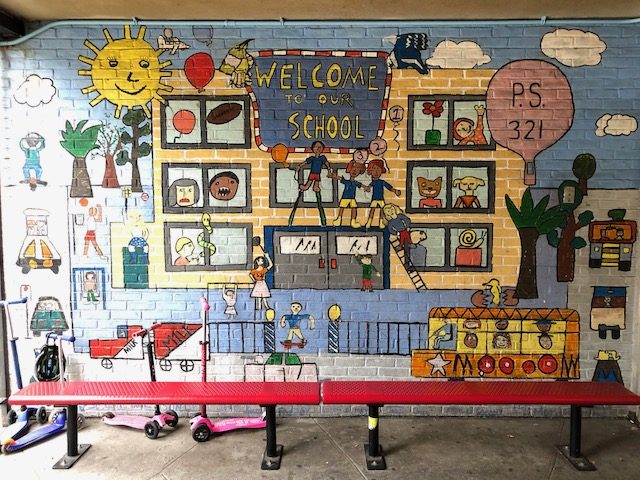
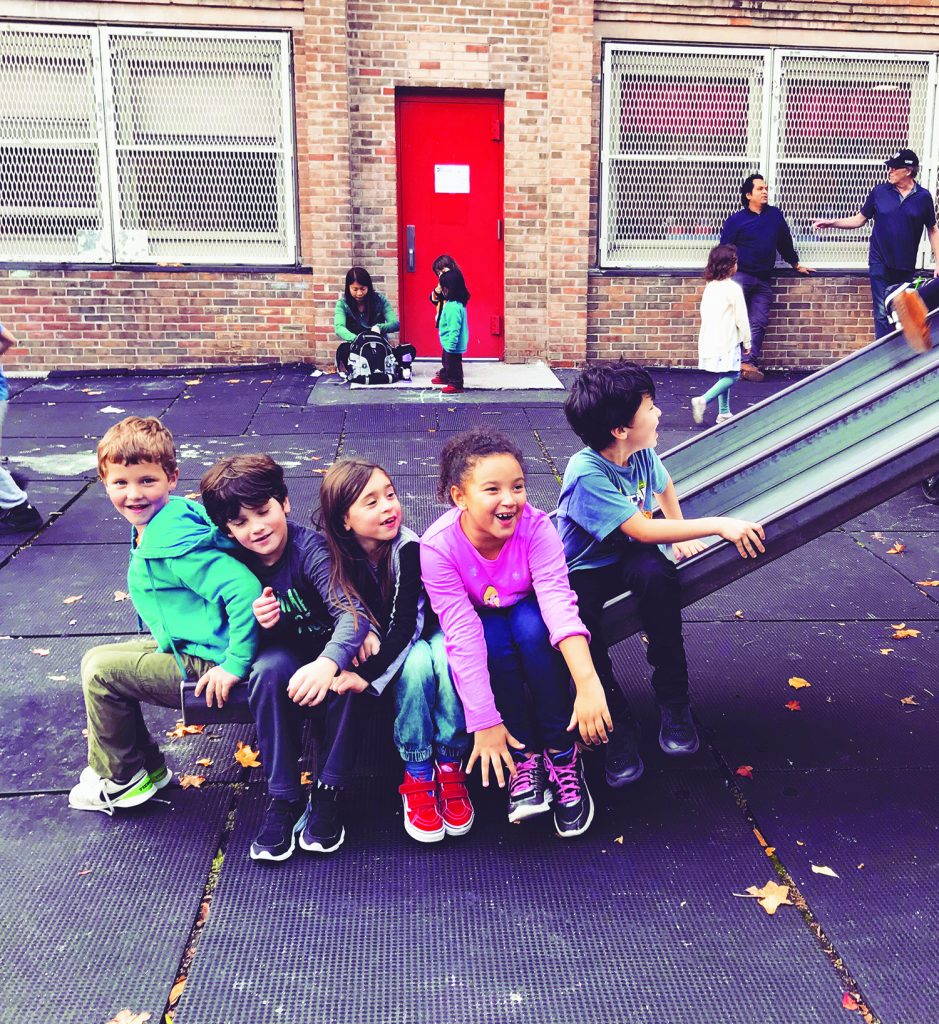
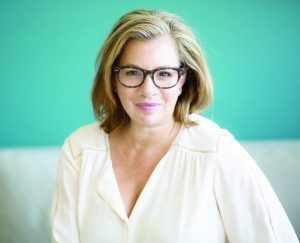
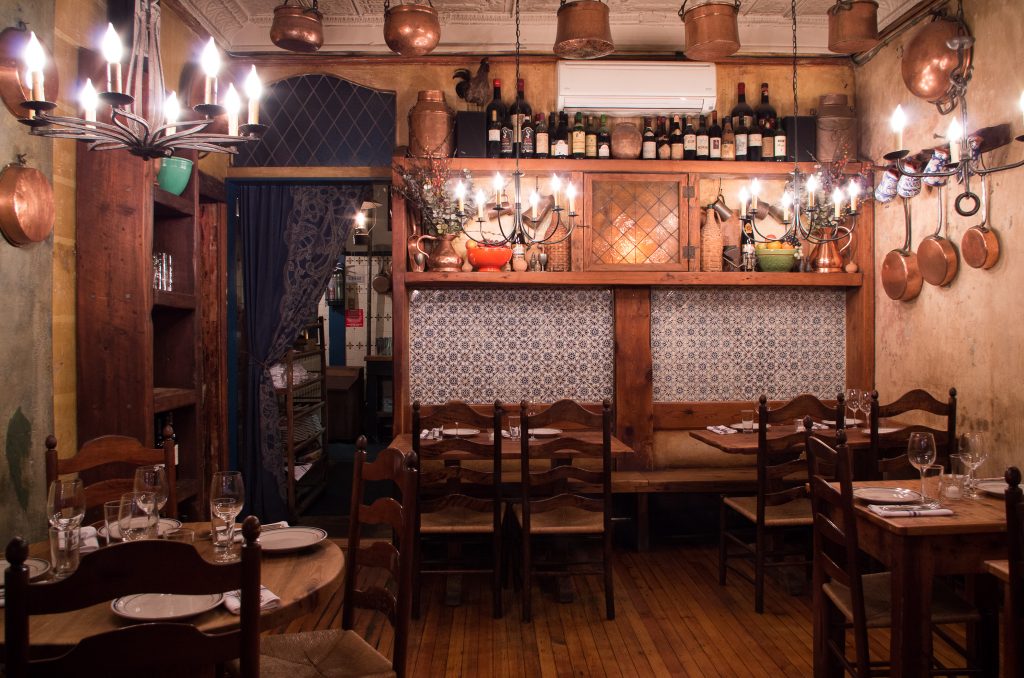

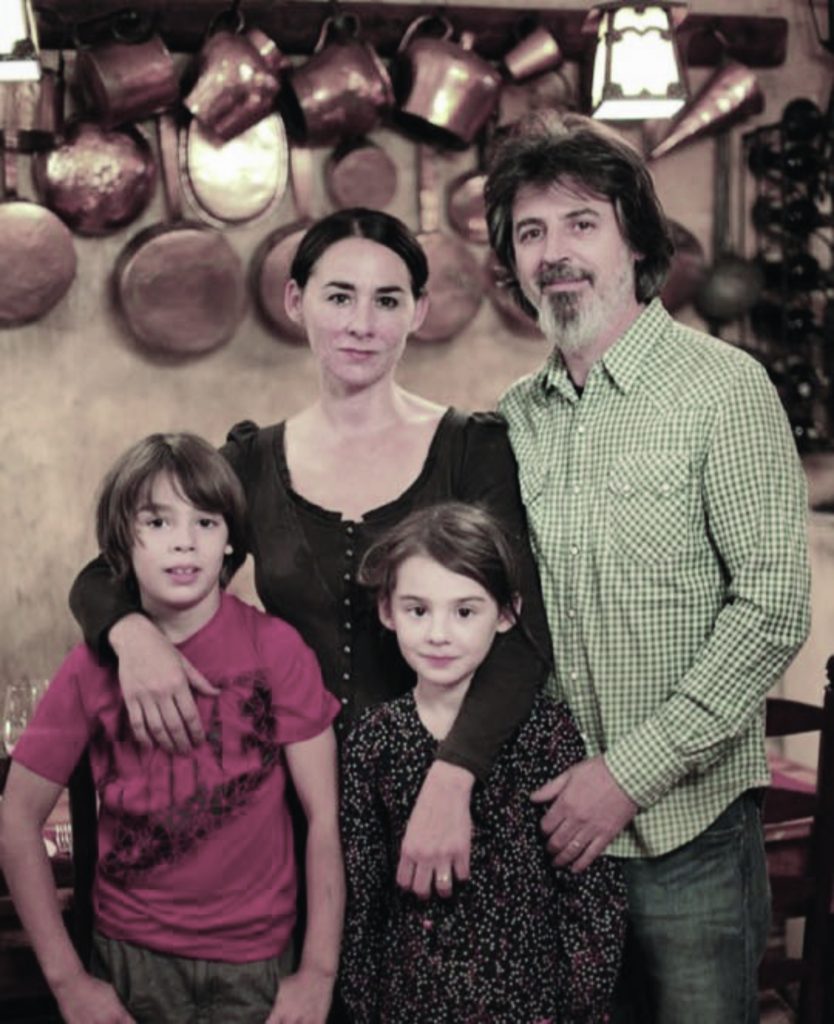
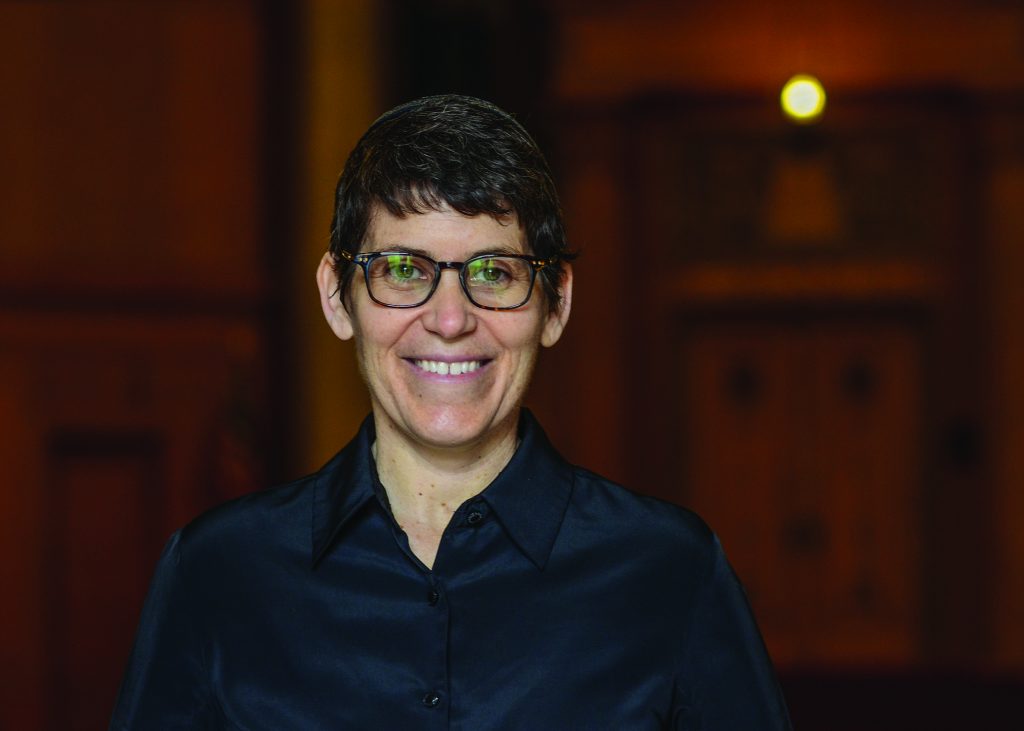
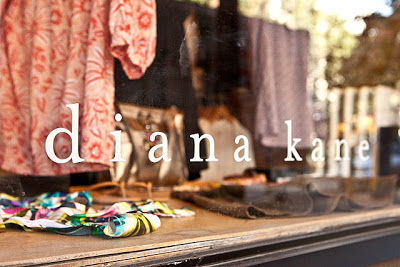

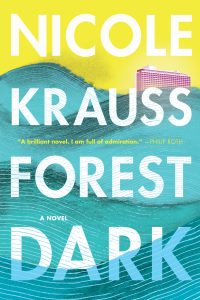 The characters in Forest Dark are neither “empathetic people from the first page,” as they were in The History of Love, nor are they quite those “who, from the first, were difficult people, as people are,” such as populated her Great House. They defy easy categorization while tempting you to draw connections between their own journeys through parts unknown with what you might think you know of Krauss. They include the elderly Jules Epstein, a wealthy and formerly gregarious New York attorney who has begun selling off his considerable possessions. On page one we learn he has disappeared from the rundown Tel Aviv apartment in which he had been living alone. And we have the protagonist of a parallel story that, in true Krauss fashion, is recounted in alternating chapters, a novelist living in Brooklyn with two sons, and a husband from whom she feels increasingly distanced. Ostensibly to research a new book, she, too, leaves for Tel Aviv. Her name is Nicole.
The characters in Forest Dark are neither “empathetic people from the first page,” as they were in The History of Love, nor are they quite those “who, from the first, were difficult people, as people are,” such as populated her Great House. They defy easy categorization while tempting you to draw connections between their own journeys through parts unknown with what you might think you know of Krauss. They include the elderly Jules Epstein, a wealthy and formerly gregarious New York attorney who has begun selling off his considerable possessions. On page one we learn he has disappeared from the rundown Tel Aviv apartment in which he had been living alone. And we have the protagonist of a parallel story that, in true Krauss fashion, is recounted in alternating chapters, a novelist living in Brooklyn with two sons, and a husband from whom she feels increasingly distanced. Ostensibly to research a new book, she, too, leaves for Tel Aviv. Her name is Nicole.